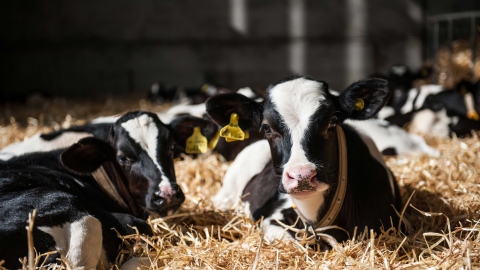Influencing UK Agricultural Policy: National Animal Welfare Strategy Workshop 21 February, 2018 in collaboration with the University of Bristol.

UK agriculture’s outstanding reputation for quality plays an important role in enabling us to compete successfully on the world stage. We are international leaders in environmental protection, food safety and in standards of production and animal welfare. This is the time for UK agriculture’s leadership to express its commitment to protecting and promoting our brand.
A national animal welfare strategy provides a business opportunity to promote UK-produced livestock products at home and abroad. It offers the possibility of a genuine collaboration between government, industry and civil society organisations in developing this strategy.
An RAU / University of Bristol policy workshop was held on 21 February, 2018 which included over 50 representatives from government, industry, civil society organisations, academia and producers. The participants identified that a national animal welfare strategy should be: outcome-based, meaningful, flexible, comprehensive, effective, transparent, collaborative, rewarding, positively incentivised, inclusive, achievable, evidence-based, progressive, animal-focused, prominent and sustainable.
The outcome document summarises the initial discussions and ideas on the development of a national animal welfare strategy and illustrates how they relate to DEFRA’s vision of the future for food, farming and the environment post- Brexit. Specifically it is proposed that a coalition of stakeholders should establish a policy initiative focused on supporting a common goal of demonstrating and celebrating a UK claim for higher animal welfare. The initiative could include a robust review of the evidence, facilitating action to maintain the UK’s reputation in animal welfare and celebrating examples. of success. We anticipate the initiative will bring together expertise from science, practice and policy. The initiative could be funded by sponsorship and support from a large number of organisations; government (UK & devolved), industry groups, civil society and research.